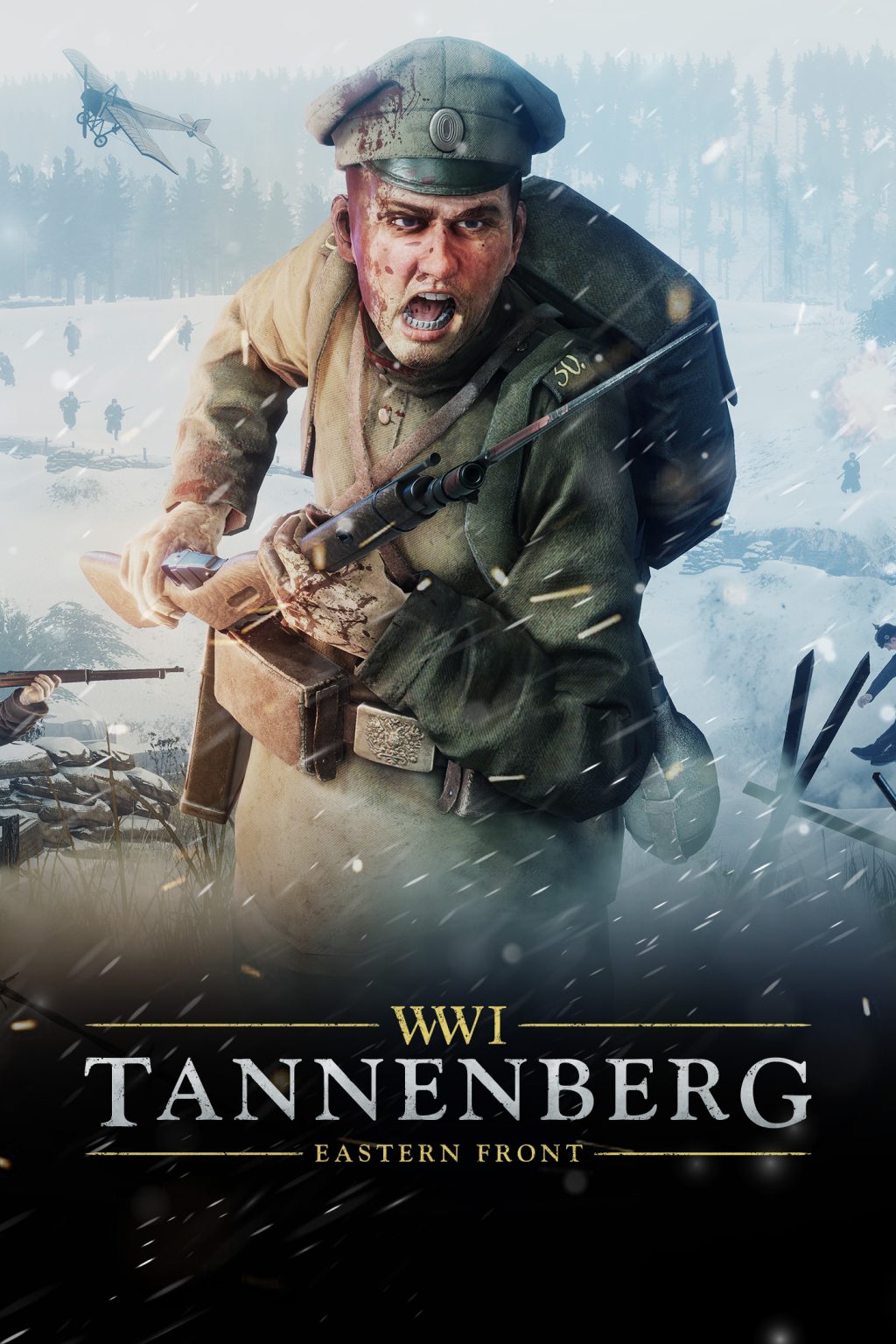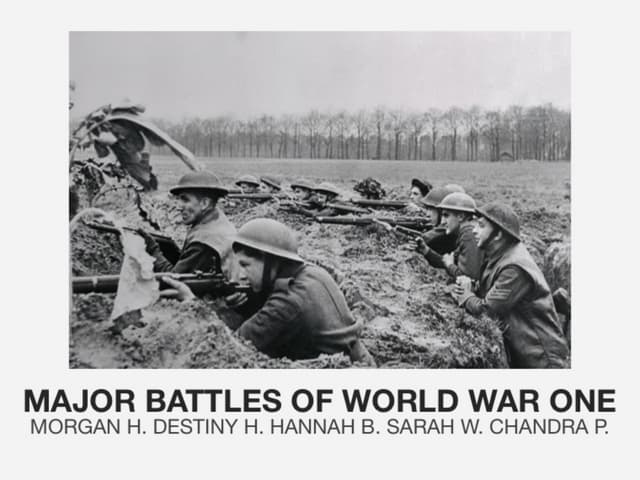

The film was realised with considerable financial effort and shaped the visual memory culture for many decades. By 1973, 23 million people had seen the film.
#BATTLE OF TANNENBERG WINNER MOVIE#
In the same year, the movie The Crusaders by Aleksander Ford came to the Polish cinemas. On the battlefield of 1410, a large national monument with the inscription "Grunwald 1410 – Berlin 1945" was erected in 1960. The memory of the victory at Grunwald served at the same time as national self-assurance in the western and northern regions, which had fallen from Germany to Poland after 1945. The Battle of Grunwald was also the climax of the historical novel The Teutonic Knights, published by Nobel Prize winner Henryk Sienkiewicz in 1900.Īfter 1945, the socialist government of Poland used the Grunwald myth as a symbol of German defeat. From 1872 to 1878, the monumental historical painting The Battle of Grunwald by the Polish painter Jan Matejko was created in Kraków. In divided Poland during the 19 th century, the victory at Grunwald was commemorated as a universal victory over the German Drang nach Osten. In 1945, German troops blew up the monument, which was later totally demolished. Hindenburg, who died in 1934 as President of the German Reich, was buried here. It symbolised the German "victory over Slavism". In 1927, near Hohenstein, the huge Tannenberg National Monument was inaugurated to commemorate the victory. After the battle, Ludendorff wrote in his diary: "Later I suggested that the battle should be named Tannenberg, as atonement for the battle of 1410".

The Russian commander-in-chief committed suicide in the forests of Masuria. In August 1914, at the beginning of the World War I, a German army commanded by Hindenburg and Ludendorff defeated a Russian army led by General Samsonow in southern East Prussia near Hohenstein/Olsztynek. The Battle of Grunwald, one of the greatest battles of the Middle Ages, lived on for centuries in the memory of Poles, Lithuanians and Germans. The Order had lost the nimbus of superiority its state had passed the peak of power. In the evening of the day, the army of the Teutonic Order was defeated, the Grand Master Ulrich von Jungingen and 200 Knights of the Order dead. On the morning of 15 th of July, 1410, at the villages of Stębark/Tannenberg and Grunwald/Grünfelde/Žalgiris, about 21,000 knights under the banner of the Teutonic Order met a 29,000 strong Polish-Lithuanian army under the leadership of the Polish king Władysław Jagiełło and the Lithuanian Grand Duke Vytautas/Witold. Giedrius Janauskas, Vitalija Kasperavičiūtė, Christian Pletzing


 0 kommentar(er)
0 kommentar(er)
